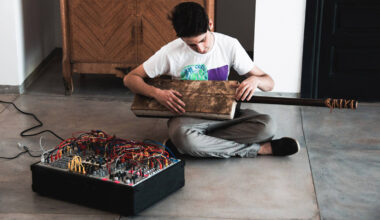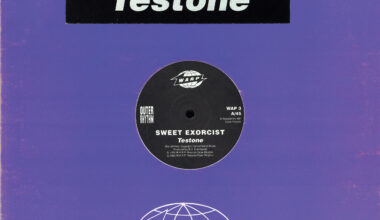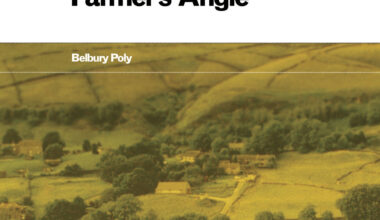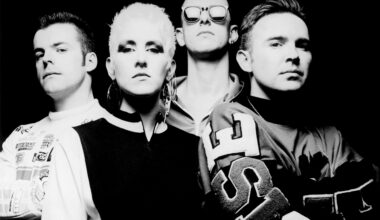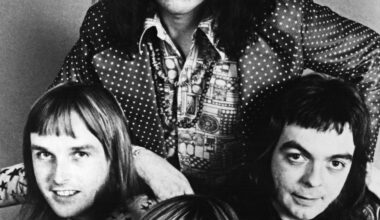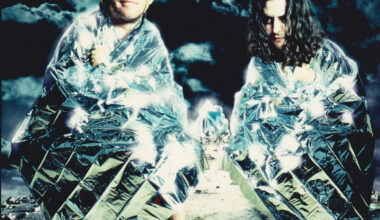Synthpop legend Nik Kershaw talks us through his 1984 smash hit ‘I Won’t Let The Sun Go Down On Me’
Want to read more?
Sign up to Electronic Sound Premium to gain access to every post, video, special offers, and more. 100%, all you can eat, no commitment, cancel any time.
Already a premium member? Log in here
